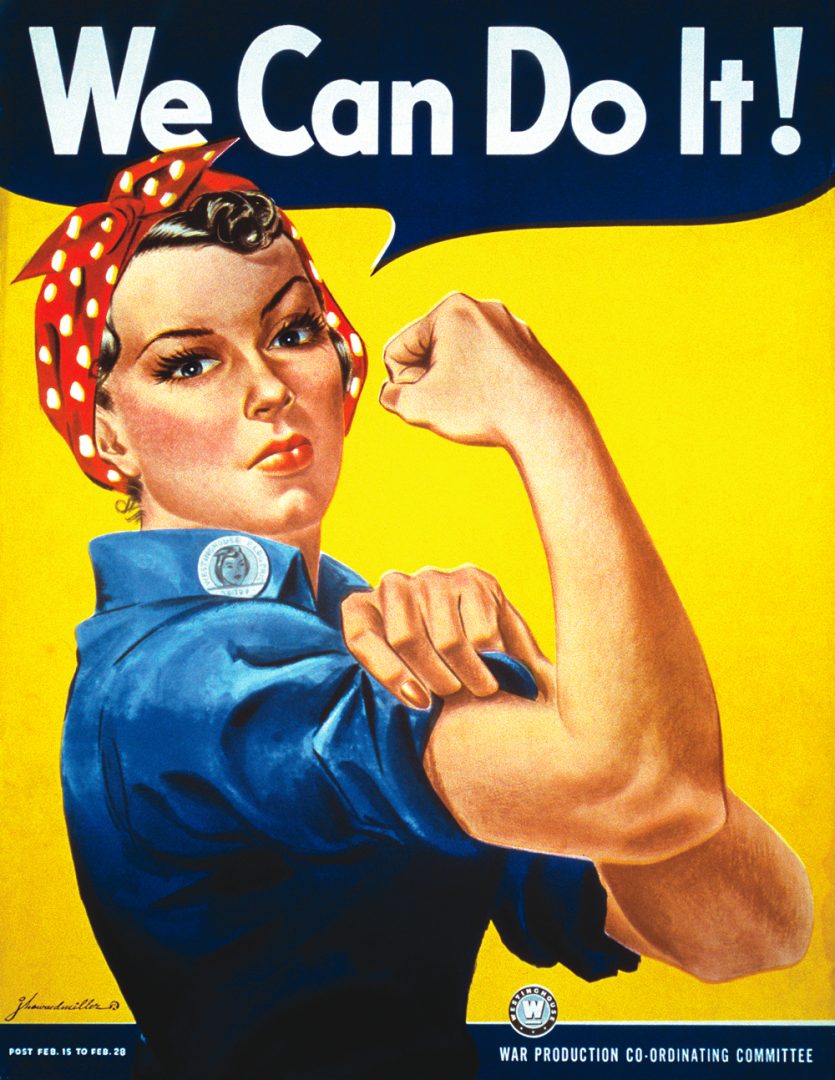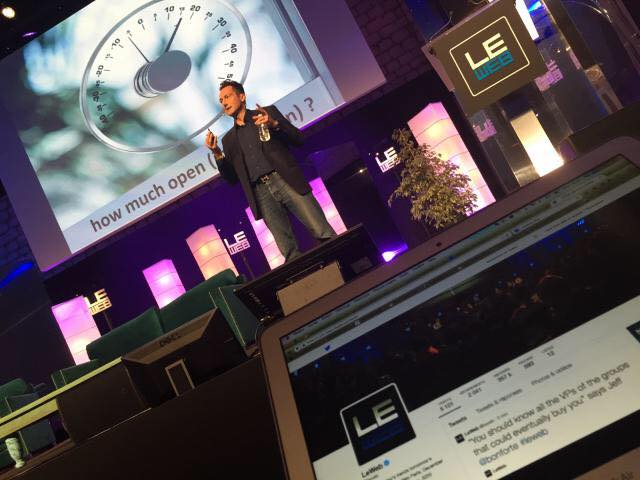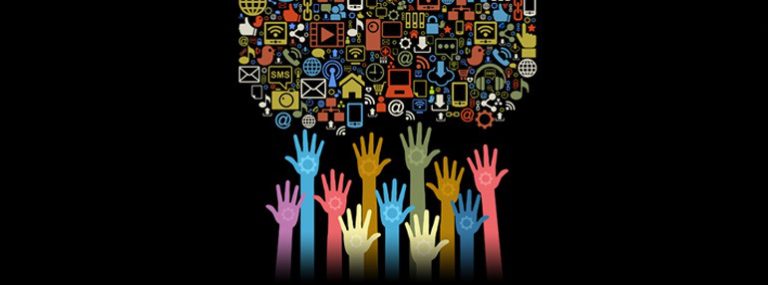The idea that some people are possess a higher level of general intellect than others, that some people are simply smarter than others, has been accepted in psychology for more than a century. But the new question has become, does this principle apply to groups as well? Are some groups simply smarter than others? If they are, imagine the ramifications for our legal system. Are some juries smarter than others?
A group of MIT researchers set about to investigate this question of the relative intelligence of teams. They found that on average, groups that did well on one task did well on others as well. This is the same logic behind the finding that some people are generally smarter than others. If someone has a wide vocabulary, they are more likely to be better at math despite the two tasks being considered independent. Basically, some of the teams were smarter than others.
It would follow then that teams with more smart people are smarter as well, right? Wrong. When the researchers began to dissect what exactly it is that makes some teams smarter they whittled it down to the following three factors:
- All members contributed equally; no one or two people dominated the conversation
- Members of smarter teams scored higher on tests that evaluated the ability of people to read complex emotional states from images in which only the eyes were visible
- Teams with more women tended to outperform teams with fewer women. Notably, equity among genders wasn’t desirable so much as having the most women possible.
Basically, emotional intelligence and social sensitivity are the two key drivers behind creating smart groups. The researchers also emphasize that both of these things are learned skills. Simply having empathy or openness is not enough. Women tend to have this skill more often than men, which offers one insight into why having more women is desirable.
The findings hold true for both online and offline groups. Groups that work smarter online have a greater capacity for remembering what other group members feel, know, and believe. Having a complete profile that outlines your expertise and background is important when working online. The findings have implications in a variety of settings – just think how often teamwork is emphasized in the workplace, our legal system, research, etc.
To learn more about the findings of MIT check out their article from the Sunday New York Times.


